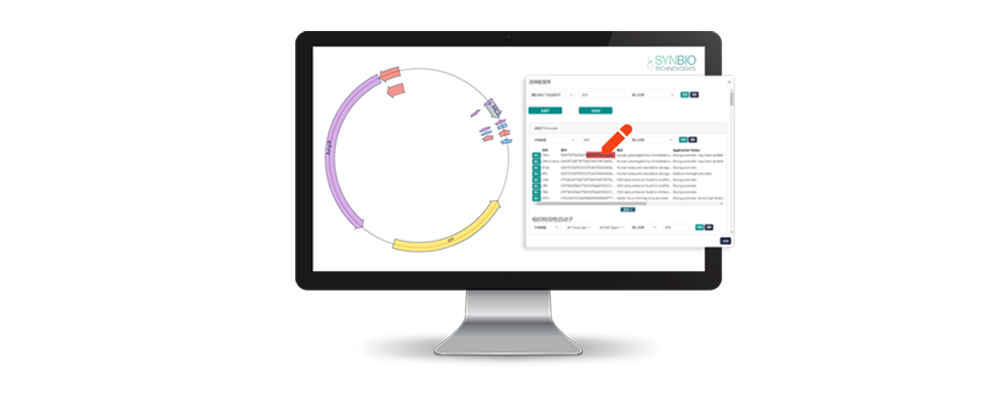Vectors
In biotechnology, a vector is a tool used to carry and deliver foreign genetic material into a host cell. It can be a DNA molecule that serves as a vehicle for the transfer of a gene or a segment of DNA from one organism to another. Vectors are essential for gene cloning, gene therapy, and other genetic engineering applications. They enable scientists to introduce, manipulate, and study genes in a controlled environment.
Plasmid Vectors
Plasmid vectors are a specific type of vector derived from naturally occurring plasmids, which are small circular DNA molecules found in bacteria. These plasmids have been engineered to carry additional genetic information, such as selective marker genes and multiple cloning sites, to facilitate their use in genetic engineering. Plasmid vectors are autonomously replicating, meaning they can replicate independently of the host cell's chromosomal DNA. They are widely used in research and industrial biotechnology due to their stability, ease of manipulation, and ability to carry large inserts of foreign DNA.
Functional Characteristics
Plasmid vectors exhibit several functional characteristics that make them ideal for genetic engineering applications. These include:
-
Autonomous Replication: Plasmids carry their own replication machinery, enabling them to replicate independently of the host cell's genome.
-
Selectability: Plasmids often contain selective marker genes, such as antibiotic resistance genes, that allow for the selection of transformed cells.
-
Multi-Cloning Sites: These regions contain multiple restriction enzyme recognition sites, allowing for the insertion of foreign DNA fragments.
-
Stability: Plasmids are stable in host cells and can be maintained over many generations.
Basic Components
Origin of Replication (Ori): A specific sequence, rich in ATs and repetitive sequences that initiates plasmid replication by recruiting replication-related proteins. It determines the copy number of the plasmid in the host cell and the host range. High-copy plasmids (10-60 copies) are known as relaxed-replication plasmids, whereas low-copy plasmids (1-3 copies) are designated as stringent-replication plasmids and are often suited for cloning toxic genes and large gene fragments.
Selective marker genes: also known as antibiotic resistance genes that provide selectable traits for host cells and can be used to identify and select transformed cells.
Multiple Cloning Site (MCS): A region containing multiple restriction enzyme cleavage sites, each of which is unique throughout the plasmid vector. The MCS is the insertion site for a foreign gene, usually located between the promoter and the transcription termination signal.
Promoter (P): A DNA sequence that initiates downstream DNA transcription by specifically binding to RNApol, without being transcribed itself. The promoter determines the cell type and expression level of the gene.
Ribosome Binding Site (RBS): Located upstream of the start codon (AUG) in mRNA, where ribosomes recognize and bind to initiate protein translation by searching downstream for ATG. In prokaryotes, the RBS on expression vectors is the SD sequence preceding AUG. In eukaryotes, reliance is primarily on the 5’ cap structure of mRNA.
Transcription Terminator: Located downstream of the gene to be transcribed, after the 3' regulatory element. This region contains mainly poly (A) signals and plays a key role in terminating transcription.
Synbio Technologies' Expertise in Vectors
Synbio Technologies offers comprehensive vector libraries. With 200+ standard vectors, we provide customers with a wide selection of vectors. We expertise includes the design, construction and optimization of plasmid vectors for various applications. The vectors are efficient, stable and can carry a large number of foreign DNA inserts. Whether you are in research, drug discovery or industrial biotechnology, we has the vectors and expertise you need to succeed.
Meanwhile, Real-time vector editor allows users to flexibly and conveniently remodel vector mapping sequences online according to their specific needs. The platform enables users to quickly and easily filter out vector profiles that meet their requirements by keywords such as vector number, vector function, species, etc. through intelligent search functions.Synbio Technologies' vector full platform provides a seamless one-stop solution for all your vector-related needs.

 DNA Synthesis
DNA Synthesis Vector Selection
Vector Selection Molecular Biology
Molecular Biology Oligo Synthesis
Oligo Synthesis RNA Synthesis
RNA Synthesis Variant Libraries
Variant Libraries Genome KO Library
Genome KO Library Oligo Pools
Oligo Pools Virus Packaging
Virus Packaging Gene Editing
Gene Editing Protein Expression
Protein Expression Antibody Services
Antibody Services Peptide Services
Peptide Services DNA Data Storage
DNA Data Storage Standard Oligo
Standard Oligo Standard Genome KO Libraries
Standard Genome KO Libraries Standard Genome Editing Plasmid
Standard Genome Editing Plasmid ProXpress
ProXpress Protein Products
Protein Products
























